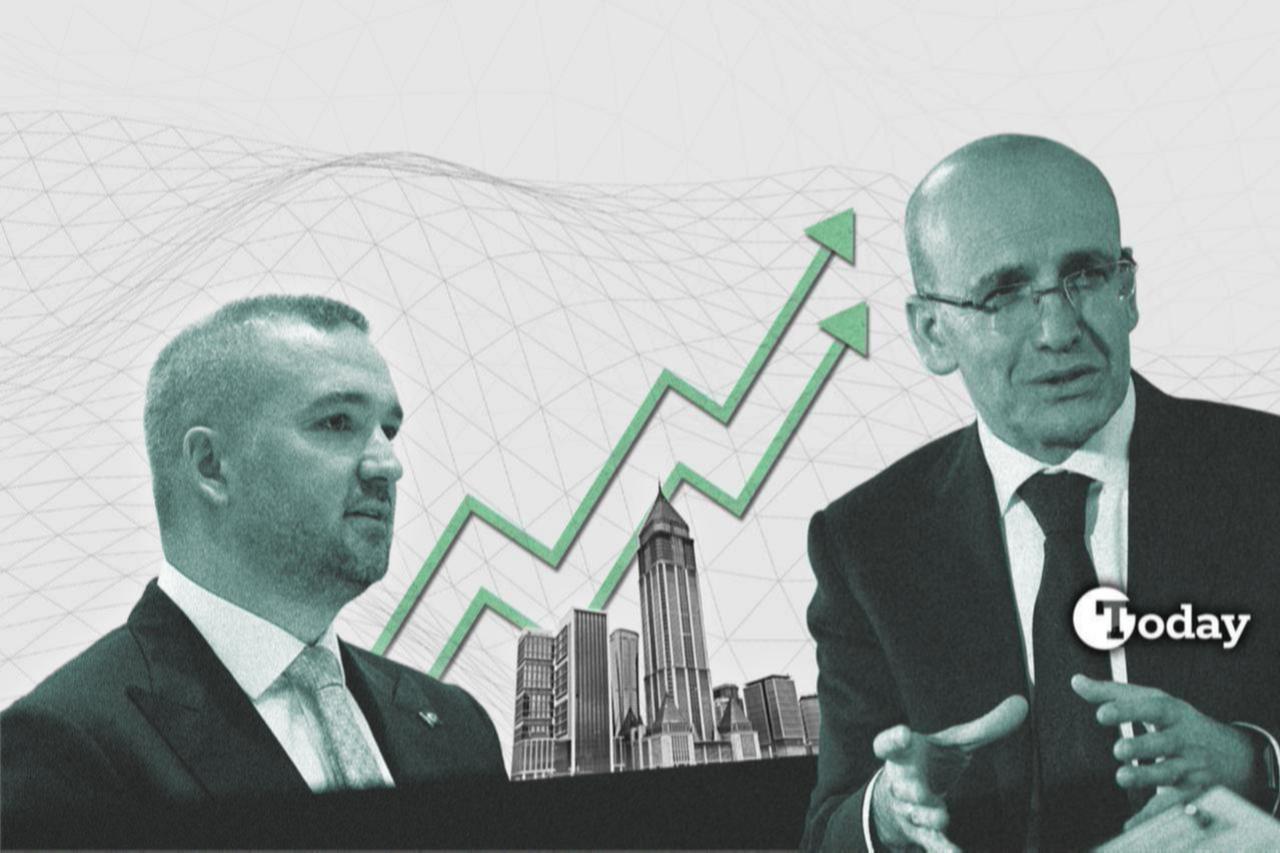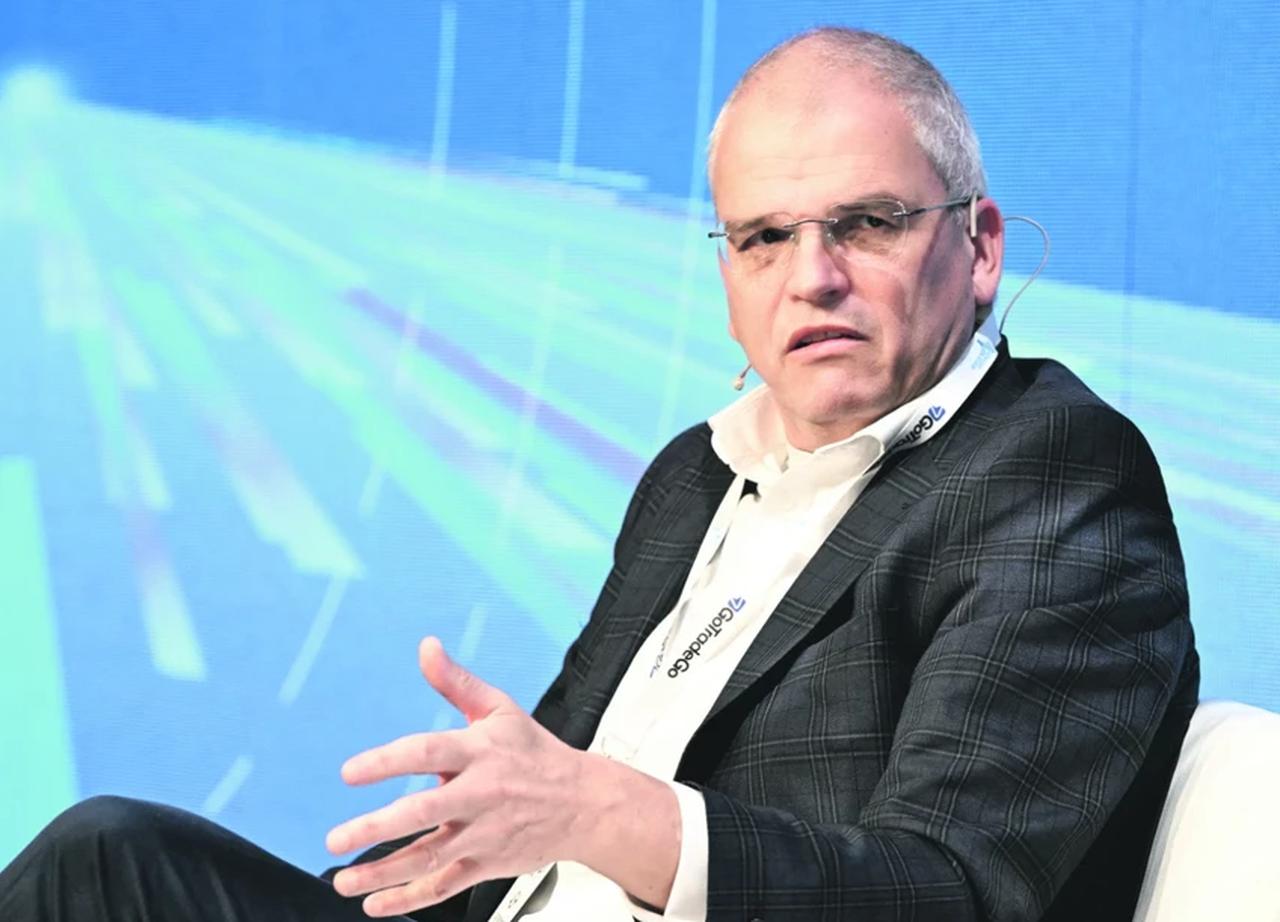
British economist Timothy Ash, a specialist in emerging markets covering Europe, the Middle East, and Africa, said Türkiye’s recent economic management has been effective but warned that the next phase would be more challenging as reducing inflation further will require a sacrifice in growth.
Speaking at the Transforming Leadership Summit held on Oct. 9–11 in Sakarya, Türkiye, Ash said Türkiye’s inflation decline from May 2024's 75.5% to 33.2% in September 2025 was an achievement; nevertheless, he added that sustaining this progress would likely require tighter fiscal policy.
Ash said the Central Bank of the Republic of Türkiye (CBRT) had entered a more stable period under the current leadership. "Investors now see a credible team in place," he said, referring to CBRT Governor Fatih Karahan and Treasury and Finance Minister Mehmet Simsek.
Ash emphasized that Mehmet Simsek’s authority over economic policy was clear, saying, "Simsek is in charge, and that’s a positive message for markets."
Still, he argued that the CBRT may have moved too soon in easing rates. "If I were in charge, I would have stayed hawkish longer," he said, adding that keeping monetary policy tighter for an extended period would have helped consolidate confidence.
The Turkish central bank resumed interest rate cuts at its July meeting with a 300-basis-point reduction and continued the easing cycle in September with a further 250-basis-point cut, bringing the policy rate down to 40.5%. The policymakers are set to decide on the monetary trajectory on Oct. 23.

Ash also highlighted concerns that the Turkish lira’s real appreciation could hurt exporters. "Exporters are complaining about the dollar–lira exchange rate," he said. "A stronger lira can make their goods more expensive abroad and reduce competitiveness." The Turkish lira’s real value has risen from 52.29 in July 2023 to 70.83 as of the end of September 2025, an appreciation of roughly 35% over the period.
He noted that Türkiye’s experience differed from other emerging markets where a weaker dollar had supported disinflation. He described this as "a competitiveness problem" that continues to affect exporters despite the stronger euro supporting some balance.
Praising the CBRT’s progress in rebuilding foreign exchange reserves, Ash described the record-breaking gross reserves of $182 billion as "a remarkable turnaround." However, he warned that Türkiye is still facing "sticky inflation," referring to persistently high price growth in essential sectors such as food, housing, and services that remains difficult to reduce despite tight monetary policy.
Despite the challenges, Ash said foreign investors retain a strong interest in Türkiye. "We love Türkiye," he said, recalling that he has been visiting the country for 25 years. "There are political risks and structural issues, but there’s also a capable economic team and renewed confidence."